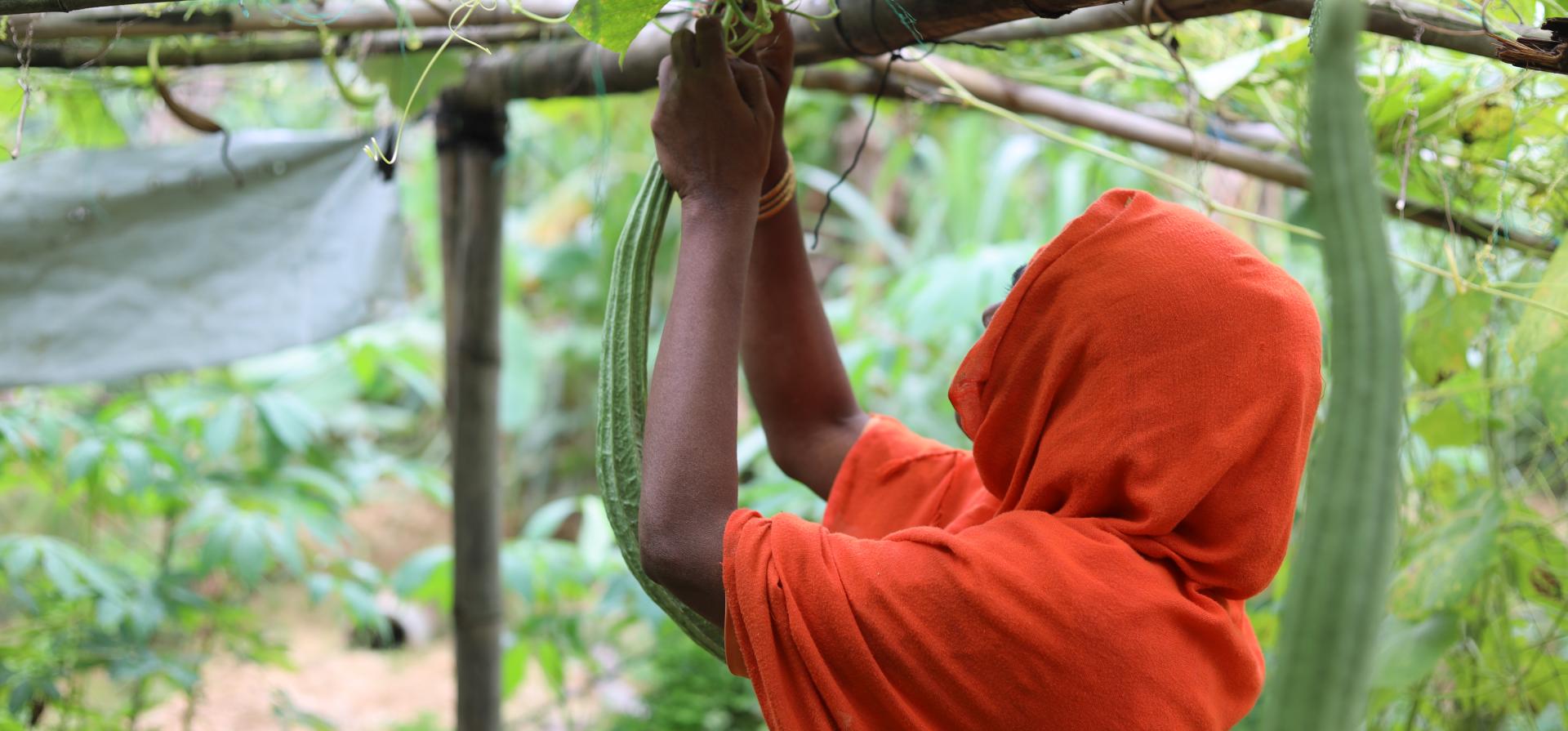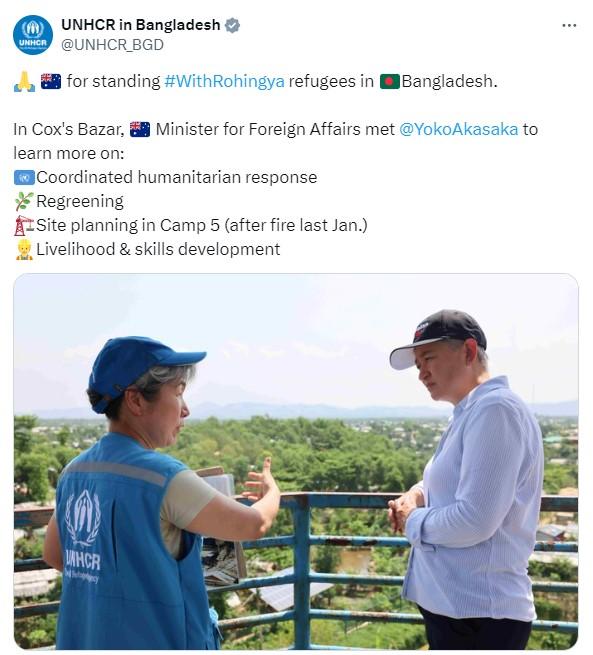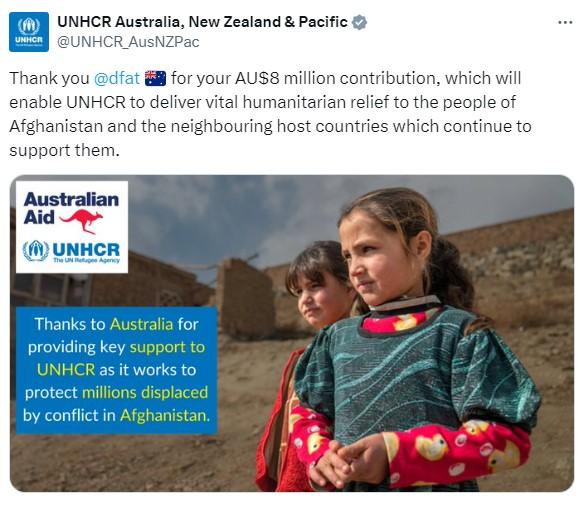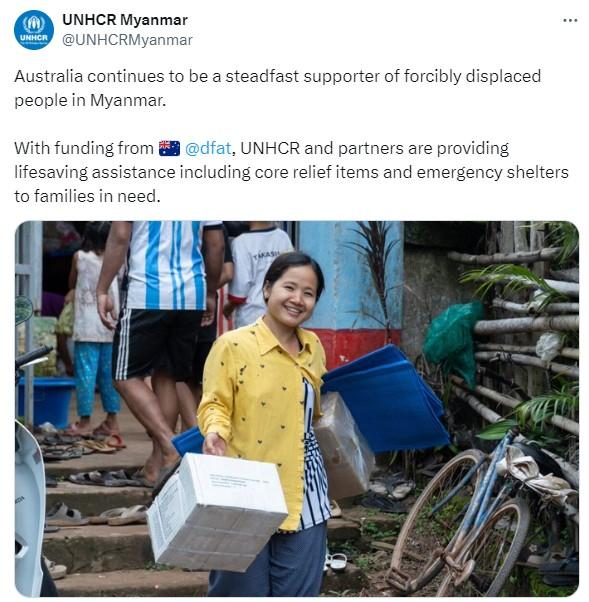Australia was among the 15 States chosen by the United Nations Economic and Social Council (ECOSOC) to serve as a member of the Advisory Committee on Refugees.
Australia’s endorsement on 22 January 1954 brought the 1951 UN Convention relating to the Status of Refugees into effect.
Since the arrival of the first major group of refugees in 1976, Australia has provided asylum and protection to those fleeing war and persecution for over four decades. It has also been among the largest resettlement countries globally, providing concrete opportunities to refugees facing some of the most difficult circumstances.
As a major donor of unearmarked funding, Australia’s contributions are critical in enabling UNHCR to swiftly and efficiently allocate resources to the most vulnerable refugees and displaced individuals, whether in response to new crises or prolonged situations.
This flexibility allows UNHCR to implement its programs comprehensively.
For example, Australia’s multi-year funding for the Myanmar situation has been instrumental in facilitating UNHCR’s protection and assistance to the Rohingya refugees.
Moreover, Australia is one of the largest donors for UNHCR's interventions in the Asia-Pacific region, providing substantial support for gender-based violence prevention and response, gender equality, and disability inclusion. It also supports the meaningful participation of refugees and host communities in decisions that affect their lives, with the aim of enhancing the relevance, quality, transparency, and accountability of assistance.
67% of the contribution was flexible funding
Australian support across the globe



